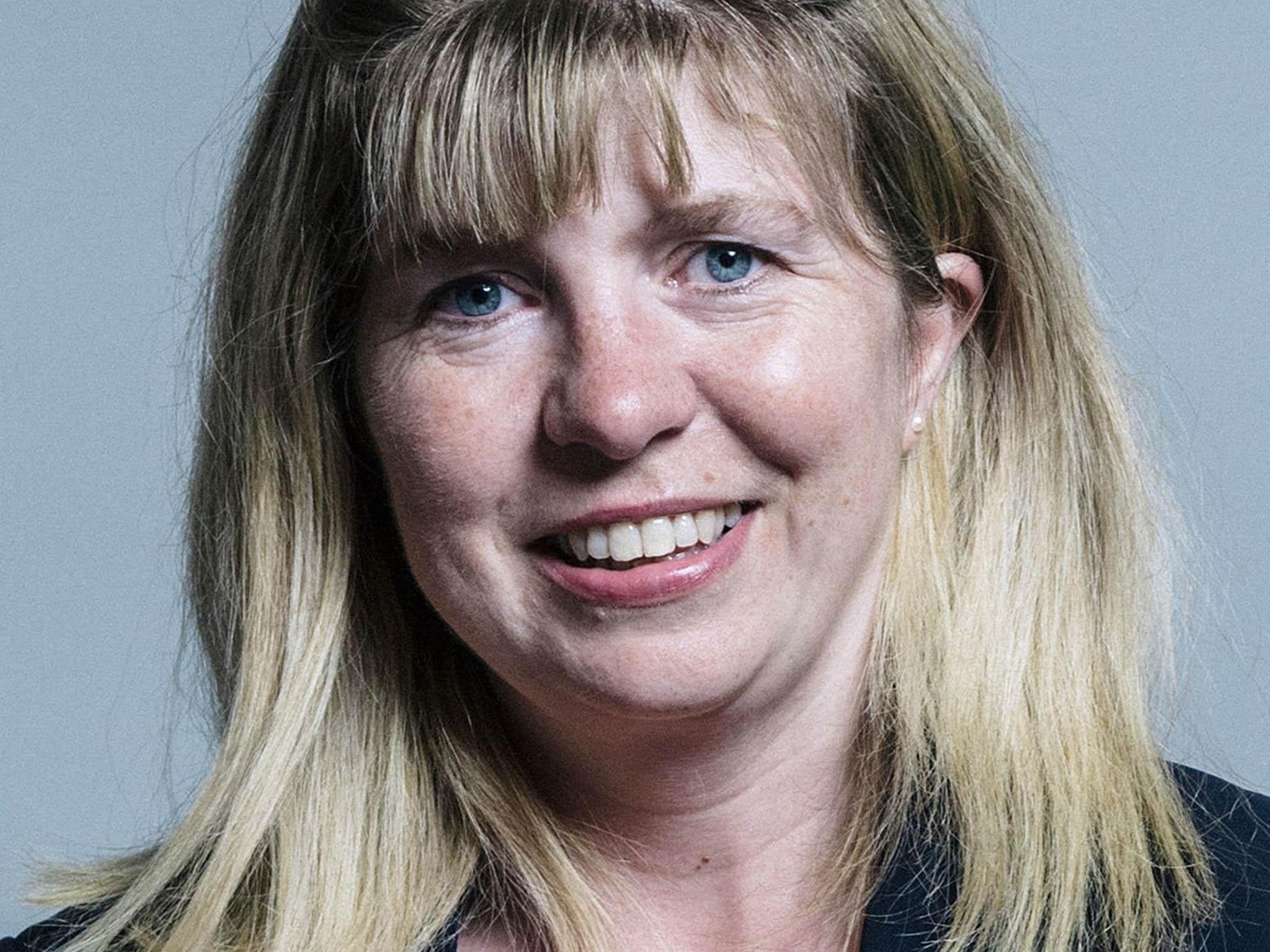Maria Caulfield's calls to cut the abortion limit aren't only informed by 'medical advances'
If the Tory MP for Lewes was really concerned about reducing abortion time limits, she would push for easier access to services and better funding so women didn’t have to wait weeks to get an appointment

Your support helps us to tell the story
From reproductive rights to climate change to Big Tech, The Independent is on the ground when the story is developing. Whether it's investigating the financials of Elon Musk's pro-Trump PAC or producing our latest documentary, 'The A Word', which shines a light on the American women fighting for reproductive rights, we know how important it is to parse out the facts from the messaging.
At such a critical moment in US history, we need reporters on the ground. Your donation allows us to keep sending journalists to speak to both sides of the story.
The Independent is trusted by Americans across the entire political spectrum. And unlike many other quality news outlets, we choose not to lock Americans out of our reporting and analysis with paywalls. We believe quality journalism should be available to everyone, paid for by those who can afford it.
Your support makes all the difference.We need to start having a serious debate about abortion access in the UK, according to the Conservative Party’s vice chair for women.
Maria Caulfield argued this week the upper time limit of 24 weeks for women to terminate a pregnancy needed to be urgently reassessed so we can produce “evidence-based” laws.
“The 24-week limit was introduced at a time when babies were not really viable at 24 weeks. Now babies who are born prematurely grow up to live long, healthy lives like the rest of us,” she said.
“As much as those who want to have freely available abortion to term want to have that debate, those of us who have got slight concerns about the current time limit would also welcome that debate to argue the case the other way.”
The MP for Lewes, who is a nurse by training, just wants to understand what is “medically feasible”. Even babies born at 18 or 19 weeks have a fighting chance at life these days, she says. While Caulfield is entitled to her views, one could assume that they are informed by her broader religious beliefs.
Caulfield has always been a pro-life campaigner. She is a member of the All-Party Parliamentary Pro-Life Group. In March, she opposed a Ten Minute Rule bill to stop women being prosecuted for terminating their pregnancies without permission. She is a practising Roman Catholic who has said she wants to be the “voice for the unborn child”.
Her claim that she is pushing for abortion limits in line with “medical advances” is questionable when just 1.5 per cent of abortions in England and Wales were performed between 20-24 weeks, according to the British Pregnancy Advisory Service.
Women who pursue late stage abortions do so for a myriad of reasons. There are young girls who are too scared to acknowledge they are pregnant or leave it weeks to confide in someone. Women who don’t realise they are pregnant due to contraception methods like the implant which mask bleeding patterns. Women who desperately wanted to fall pregnant but realise they are unable to carry the pregnancy to term due to a medical condition. Domestic violence victims. Those who have lost their jobs or become homeless – the list goes on.
If Caufield was really concerned about reducing abortion time limits, she would push for easier access to services so women didn’t have to wait weeks to get an appointment.
Caufield’s views do little to help the Conservatives’ supposed commitment to equality. She shows a lack of concern for the lived experience of these women and a worrying misunderstanding of the complex reasons that force women into making that choice. Ultimately, it is about guaranteeing a woman’s right to choose. There is no place in 2018 for women’s health to be dictated by religious conservatism.
Join our commenting forum
Join thought-provoking conversations, follow other Independent readers and see their replies
Comments